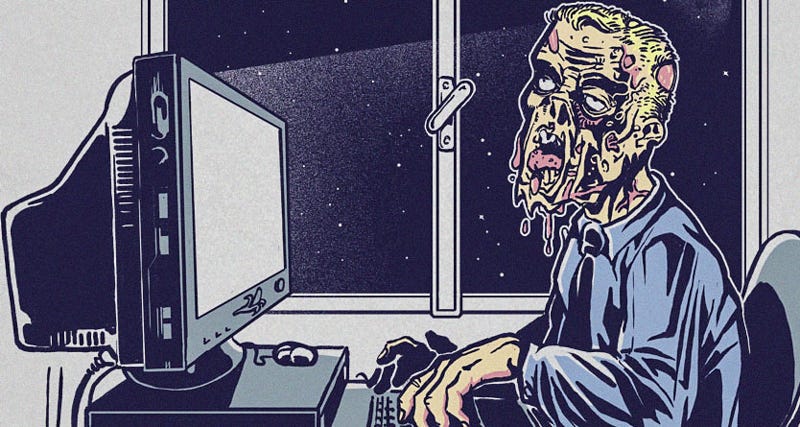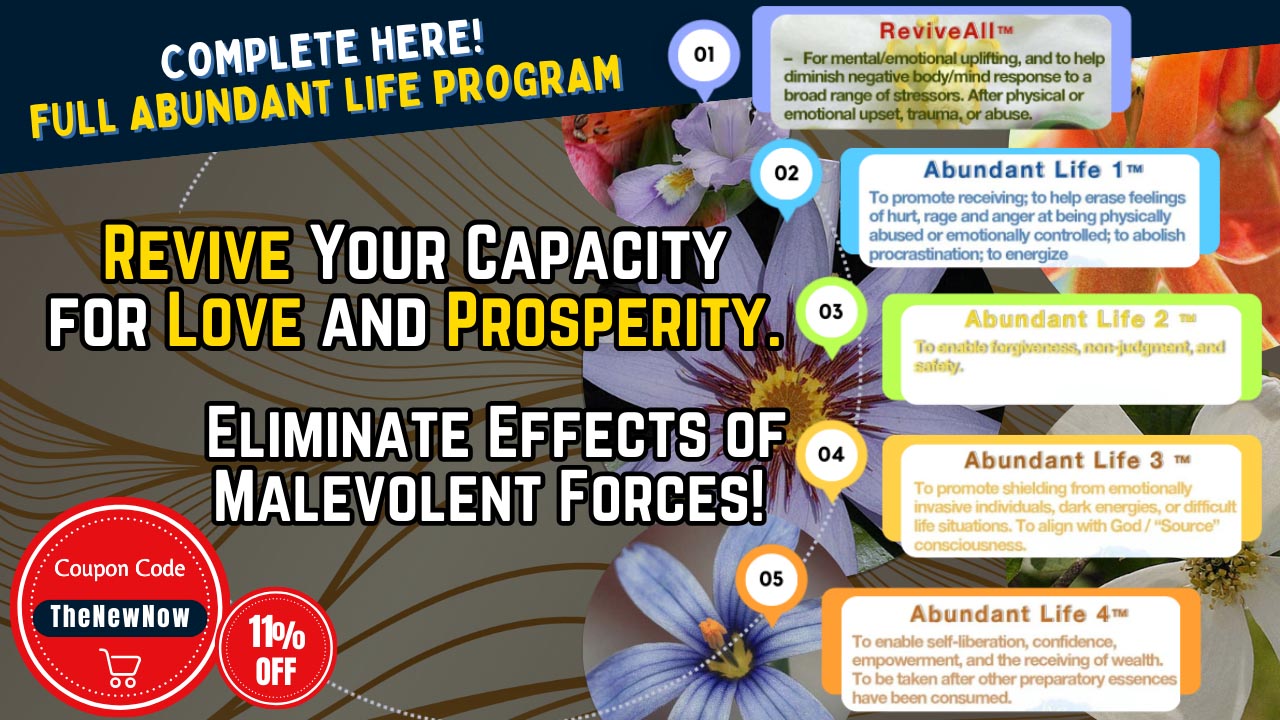The 40 Hour Work Week & More:
How Culture Has Made Us “Hungry Ghosts”
Consumerism is Heavily Nurtured by Corporations
by Andrew Barker
Here in the West, a lifestyle of unnecessary spending has been deliberately cultivated and nurtured in the public by big business.
Companies in all kinds of industries have a huge stake in the public’s penchant to be frivolous with its spending, and in the documentary “The Corporation,” a marketing psychologist shows just how easy it is to increase sales by targeting nagging children, and the effect that nagging has on the parents’ spending.
“You can manipulate consumers into wanting, and therefore buying your products. It’s a game,” – Hughes, co-creator of “The Nag Factor.”
This is only one small example of something prevalent in our culture, that companies don’t make sales by promoting the virtues of their products, but by creating a culture of hundreds of millions of people that buy pointless stuff to chase away dissatisfaction. This is reminiscent of the analogy of culture as “hungry ghosts”; a culture of people who constantly want and need, but are never satisfied.
We buy stuff to cheer ourselves up, to keep up with the Jones’, to fulfill our childhood vision of what our adulthood would be like, to broadcast our status to the world, and for a lot of other psychological reasons that have very little to do with how useful the product really is. How much stuff is in your basement or garage that you haven’t used in the past year?
The 40 Hour Working Week
The ultimate tool for corporations to sustain a culture of this sort is to develop the 40-hour work week as the normal lifestyle. Under these working conditions, people have to build a life in the evenings and on weekends. This arrangement makes us naturally more inclined to spend heavily on entertainment and conveniences because our free time is so scarce.
The last thing people want to do after a hard day at work is exercise, improve themselves, delve into their passion, or question the way things are. Relief and gratification are usually the first and foremost things the public will be looking for. The eight-hour workday developed during the industrial revolution in Britain in the 19th century, as a respite for factory workers who were being exploited with 14- or 16-hour workdays.
As technologies and methods advanced, workers in all industries became able to produce much more value in a shorter amount of time… You’d think this would lead to shorter workdays. But the 8-hour workday is too profitable for big business, not because of the amount of work people get done in eight hours, but because it makes for such a purchase-happy public. Keeping free time scarce means people pay a lot more for convenience, gratification, and any other relief we can buy. It keeps us watching television, and its commercials. It keeps us unambitious outside of work and for the most part, apathetic.
We’ve been led into a culture that has been engineered to leave us tired, hungry for indulgence, willing to pay a lot for convenience and entertainment, and most importantly, vaguely dissatisfied with our lives so that we continue wanting things we don’t have. We buy so much because it always seems like something is still missing.
Interestingly, the more people I talk to, the more they seem like they don’t even want to live this way. The question is why are we still doing it?
As Joe Martino put it in his piece If No One Wants This, Why Are We Doing It?
- Very little time is spent stepping outside of our current knowledge and ways of knowing to explore what else is possible. We typically are just creating from our past and the cynicism of being ‘realistic.’ We are also stuck in combative thinking, attempting to point blame everywhere we look.
- Very little attention is paid to new and emerging possibilities. This is sort of a paradox because attention is being hijacked by more dramatic, polarizing, or distracting content. Thus there is little incentive for content creators to create this content as it is downgraded in social feeds, plus people don’t engage with it as much.The lack of incentive to create this content then becomes culture. The “top thinkers” out there are constantly coming up with clever debates, gotchas and arguments that come in Instagram clips and YouTube shorts, all designed to grab attention instead of provide deeper thought.
In 2023, we are now faced with the advent of AI and automation that will inevitably take away some jobs over time – and so it should given these techs can be used to give humans more free time. But will the economy shift to make life easier for human beings as they lose work? Or will reliance on the government become the next leg forward? It seems like a system overhaul is the only reasonable way to address this issue.
An Economy Based on Frivolous Addictions and Gratification
Western economies have been built in a very calculated manner on gratification, addiction, and unnecessary spending. We spend to cheer ourselves up, to reward ourselves, to celebrate, to fix problems, to elevate our status, and to alleviate boredom. Can you imagine what would happen if all of the Western world stopped buying so much unnecessary crap that doesn’t add a lot of lasting value to our lives? The economy would collapse and never recover.
All of our well-publicized problems, including obesity, depression, pollution, and corruption are what it costs to create and sustain a trillion-dollar economy. For the economy to be “healthy,” this world has to remain unhealthy. Healthy, happy people don’t feel like they need much they don’t already have, and that means they don’t buy a lot of junk, don’t need to be entertained as much, and they don’t end up watching a lot of commercials.
The culture of the eight-hour workday is big business’ most powerful tool for keeping people in this same dissatisfied state where the answer to every problem is to buy something.
You may have heard of Parkinson’s Law? It is often used about time usage: the more time you’ve been given to do something, the more time it will take you to do it. It’s amazing how much you can get done in twenty minutes if twenty minutes is all you have. But if you have all afternoon, it would probably take way longer.
Most of us treat our money this way. The more we make, the more we spend. It’s not that we suddenly need to buy more just because we make more, only that we can, so we do. It’s quite difficult for us to avoid increasing our standard of living (or at least our rate of spending) every time we get a raise.
Do We Need to Live in the Sticks to Escape This?
I don’t think it’s necessary to shun this whole ugly system and go live in the bush, but we could certainly do well to understand who big commerce really wants us to be. They’ve been working for decades to create millions of ideal consumers, and they have succeeded. Unless you’re a real anomaly, your lifestyle has already been designed.
The perfect customer is dissatisfied but hopeful, uninterested in serious personal development, highly habituated to the television, working full-time, earning a fair amount, indulging during their free time, somehow just getting by, and completely oblivious to the way their life has been manufactured, and will actively defend these prison walls.
Is this you? Maybe it’s time to free yourself. After all, Collective Evolution’s motto has always been “Change Starts Within.”

Andrew Barker





















